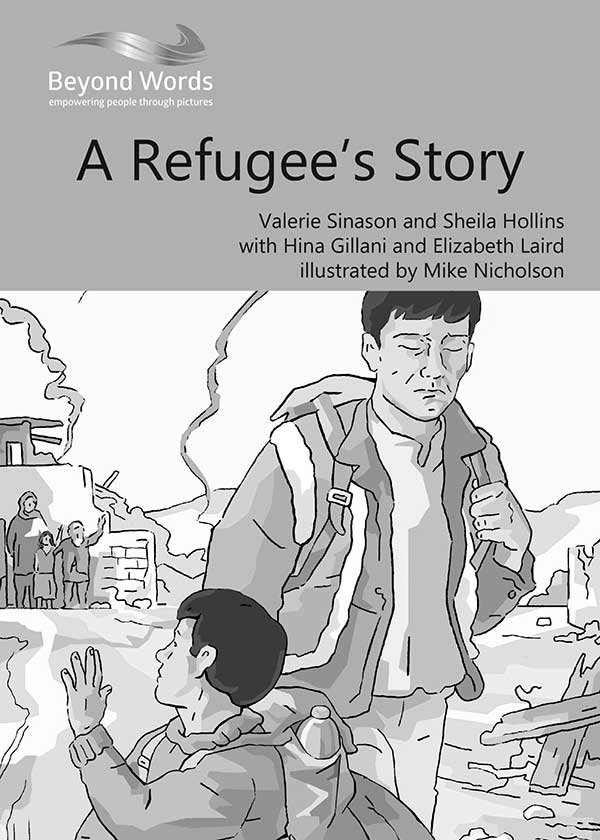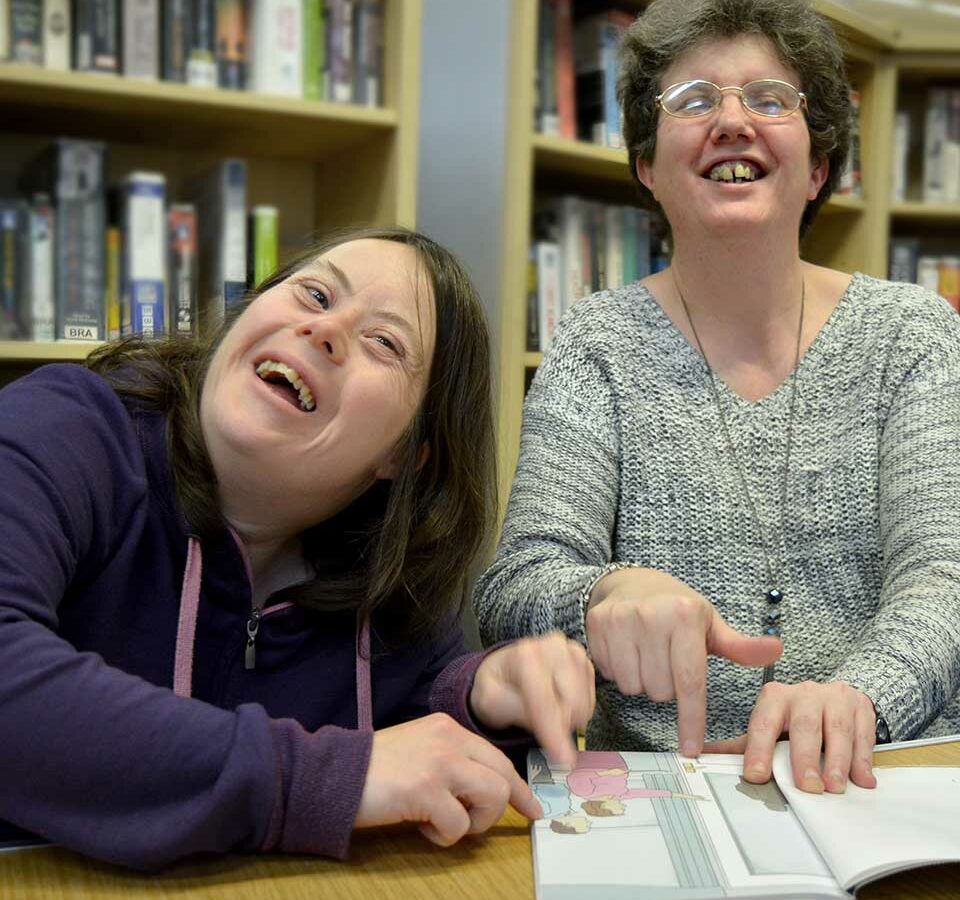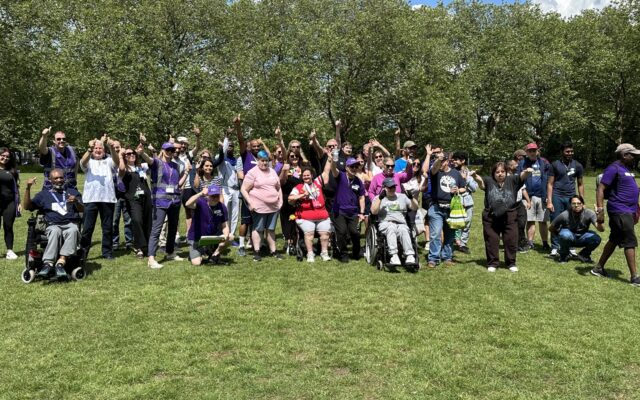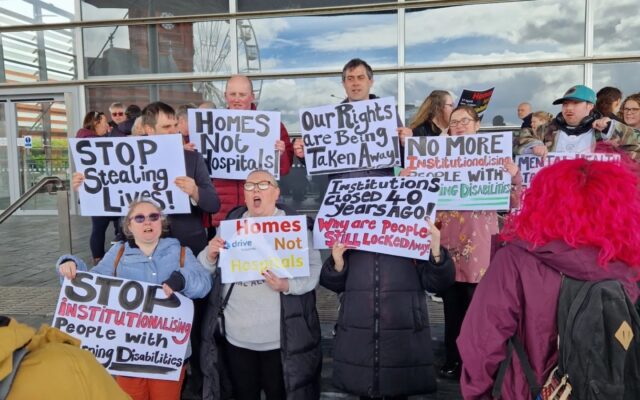Over the past few years, with the pandemic, the Afghanistan refugee crisis and the war in Ukraine, world affairs have often felt frightening.
For people with learning disabilities, it can be even more overwhelming – particularly without an opportunity to talk about and understand what is happening.
In 2021, when Covid hit, Beyond Words first produced information and resources in response to current events. Our series of books and downloads covered topics such as vaccination, how to get through contracting Covid and even socialising and falling in love through lockdown.
The response was overwhelming. We had an unprecedented 50,000 downloads over the pandemic.
It is often assumed that people with learning disabilities are not interested in what is going on around them or do not have the capacity to make sense of it.
But, when we focus only on what we think is easy or important to understand, we limit someone’s ability to grow, to learn, to understand and to empathise with those who have different experiences.
People with learning disabilities learn about the news from what they see and hear and the anxieties and worries of others. Being able to understand what is happening in the wider world is key to engaging with your community and issues that may affect your life or emotions.
News, explained
It is important to make sure people have access to not only the news but also appropriate information. Often, written articles or television broadcasts are overly complex or filled with distressing imagery that can be difficult for people to process.
Little is aimed at people with learning disabilities – and even less dedicated to individuals who cannot read words at all.
Beyond Words is a London-based, not-for-profit organisation dedicated to helping people with learning disabilities or additional communication needs better understand and empathise with the world around them through word-free picture resources.
Founded by Professor Sheila the Baroness Hollins more than 30 years ago, Beyond Words uses pictures and visual literacy (so people can read pictures for information, essentially) to tell stories and start conversations.
What we create is targeted, appropriately, to the situations that affect people most, helping them to develop an understanding of everyday matters such as working, going to the hospital or making sense of their feelings. We have published 60 titles on these kinds of issues.
After the pandemic, we recognised the appetite for word-free information that makes news and world affairs more accessible.
We followed up our Covid work with a short version of a story about the refugee crisis in Afghanistan.
Earlier this year, we released the full-length book version of A Refugee’s Story, following extensive trialling in both learning disability and refugee communities.
This trialling took place at some of our 25 book clubs around the UK and at various local advocacy, social and community groups. This revealed thoughtful comments on the plight of refugees. The book increased awareness and brought in new understanding. Some groups even learned new vocabulary.
Some people were not aware of refugees at all but became interested, concerned and empathetic after reading the story. Others were much more aware than anyone had realised, even identifying a detention centre. People came away with a much greater understanding of refugees’ experiences.
Graham Stephens (not his real name), a member of one of our book clubs, had heard negative things about refugees from other people in his area.
When he started to read A Refugee’s Story, he said refugees were complaining about the food they got and should be grateful for what they were given.
While reading the book, however, Stephens reflected on how he would feel if he had to flee to a foreign country and eat unfamiliar food: “When you are feeling scared, you need food that makes you feel better. If I went to another country, I’d want burgers and chips.”
We are expanding our news-related information. Our latest short story, When the War Came, aims to explain the war in Ukraine and follows a woman and her children as they leave their home country.
There are others working to bring news to people with a more accessible format.
United Response, a charity supporting young people and adults with mental health needs and physical and learning disabilities, provides a regularly updated, easy-read version of news articles.
Access for all
The Accessible Information Standard was introduced in 2016 to make sure people with disabilities or sensory loss are able to get information more easily. Learning Disability England’s Accessible Information Campaign by lobbying the government to act on its promises in this area.
We believe everyone should have access to information in ways they can understand, no matter their level of ability.
Through stories, we can build understanding and empathy, enabling us to create relationships, be part of the world and contribute to the community.
It is time to start including people with learning disabilities in conversations about the world they live in as well as their own lives.
Alicia Wood is chief executive at Beyond Words






